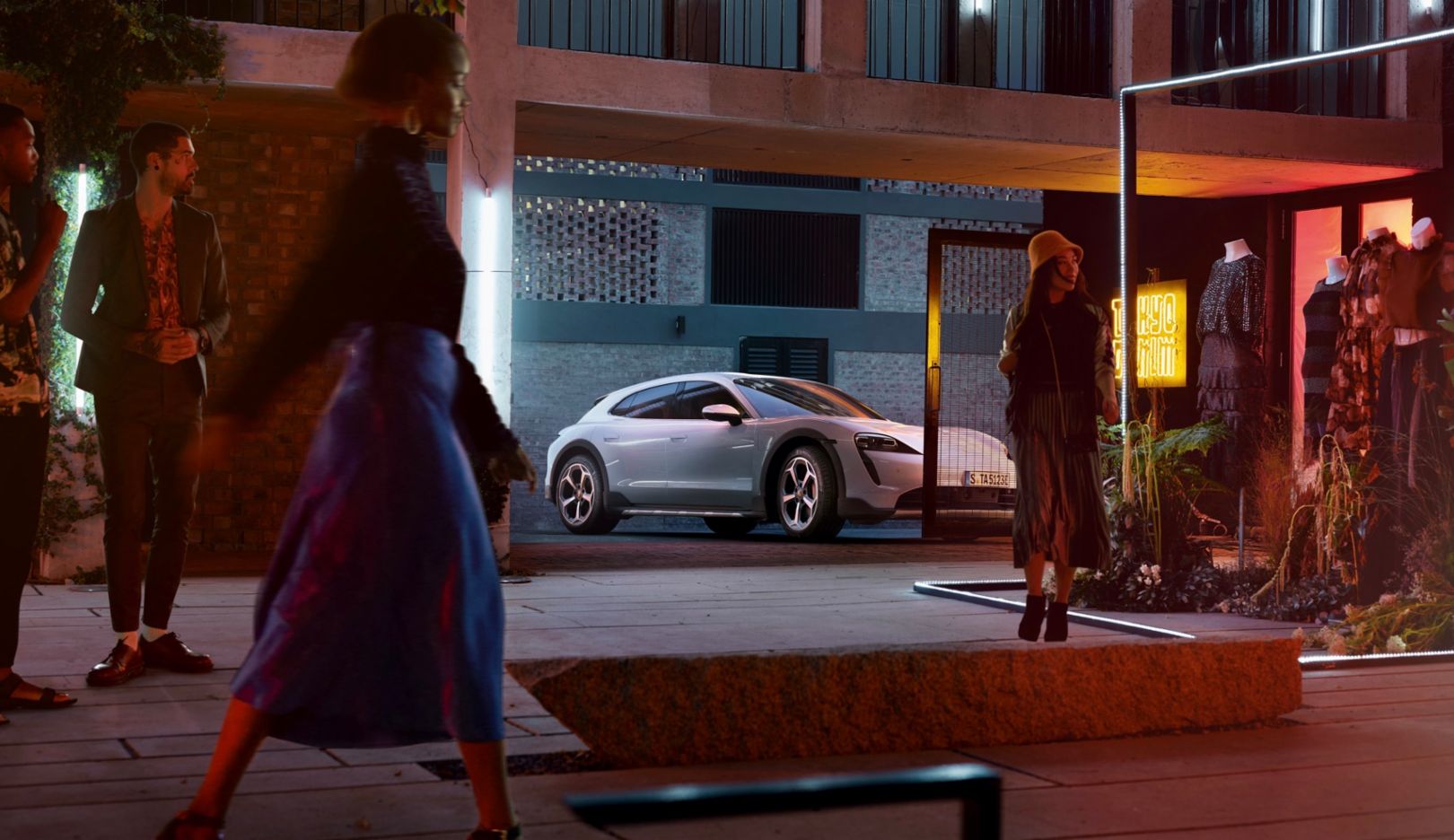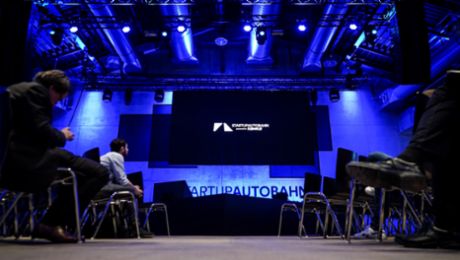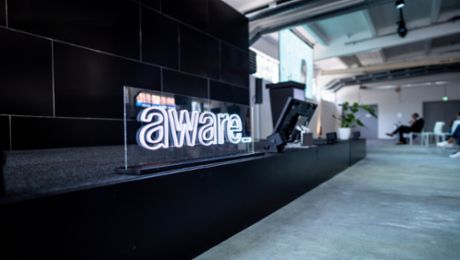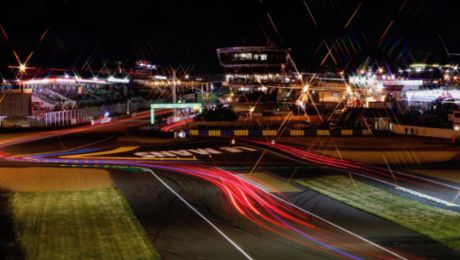The successful participants presented their innovations at Startup Autobahn’s Expo Day 10 on Wednesday. The Porsche Data Cup is an open innovation competition organised by Porsche and the data platform High Mobility.
The participating teams developed new data-based business models in the categories e-mobility, smart home, insurance and fintech since mid May. Using the Porsche Car Emulator, they simulated real applications and tested them under real-life conditions on a digital likeness of a vehicle. This was based on replicated vehicle data that can be used to control more than 140 programming interfaces. The jury chose the AutoLogg, SwissRe and HDI teams as winners. They presented their projects at Expo Day 10 to 120 guests in Stuttgart and 2500 online participants.
AutoLogg: logbook digitalisation
Keeping an analogue logbook is tedious and prone to errors. Existing digital solutions use GPS data from smartphones or require additional hardware. AutoLogg offers the automatic and networked alternative concept: via a programming interface, the software communicates directly with the vehicle and tracks journeys in real time. Journeys can be declared as business or private trips and transferred to a tax-compliant logbook via an app. Drivers save themselves manual work and benefit from the accurate recording.
SwissRe: evaluating claims in record time
Reinsurer SwissRe developed a modern solution for processing claims. Using artificial intelligence, the damage assessment time can be reduced from several days to just a few minutes. The sensors installed in the vehicle can detect which parts are damaged already shortly after an accident and transmit this data directly to SwissRe’s systems. Via an app, the policyholder can upload photographs of the damage which can then be analysed by artificial intelligence within a few minutes. It detects whether the affected parts can be repaired or if they have to be replaced and, at the same time, determines the costs. Thanks to the vehicle’s connectivity, the previously paper-based and complicated process becomes simple and easy for the insurer and the customer.
HDI: tailored insurance solutions
Networking is also at the heart of this project by insurer HDI. Via an app, vehicle data such as kilometers driven can be directly shared with HDI. Users can transparently determine at any time which data they want to share via a dashboard. The goal is to reward the policyholder for using vehicle safety systems such as Lane Keeping Assist. For the customer, the result is a transparent and tailored tariff adapted to their own mobility needs.
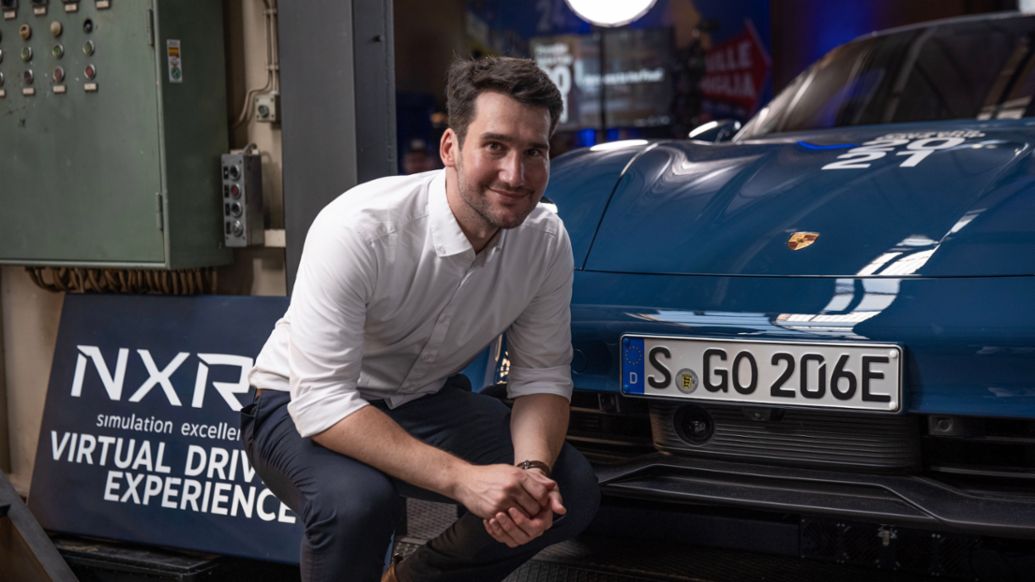
“All submissions distinguished themselves with the high quality and intelligent use of data,” says Christoph Acker, Project Manager for Innovation Strategy at Porsche. “In today’s business ecosystem, we must work and think in a networked way for modern business models to offer our customers the best possible experience.” Porsche Innovation Manager Andy Grau adds: “The successful projects are characterised by this networked thinking. For Porsche, the customer’s experience is always at the centre of what we do, and it makes us all the more delighted to see that this guiding principle has also found its way into digital services.”
Winners receive access to Porsche Connect Partner Services
Participants had the opportunity to test the Porsche Connect Partner Services (PCPS) interfaces during the first Porsche Data Cup. The platform provides external service providers with GDPR-compliant and standardised access to real vehicle data that can be used for product development. The vehicle owner always decides which of these offerings they want to use and which data they are prepared to release for this. In the future, a whole ecosystem related to all aspects of a vehicle will be created thanks to this service. The winners of the Porsche Data Cup will now have free access for six months and can develop their products further together with experts at Porsche. Following a successful test phase, the platform will go live at the end of the month. Interested companies can apply for access by sending an email to: pcps@porsche.de.
About Startup Autobahn
The innovation platform Startup Autobahn acts as an interface between industry-leading companies and technology start-ups in Stuttgart. The programme enables corporate partners and start-ups to jointly develop prototypes to evaluate possible further collaborations between the two parties, test the technology and initiate production-ready implementation. The projects are set up to run for a period of six months. A number of companies have joined forces for this. In addition to Porsche, they include Daimler, the University of Stuttgart, Arena 2036, DXC Technology, ZF Friedrichshafen, Bosch, Schaeffler and BASF. Porsche has realised 80 projects with Startup Autobahn so far. Around a third of the results are incorporated in series development.
